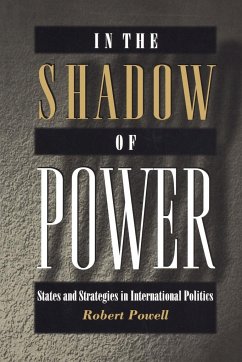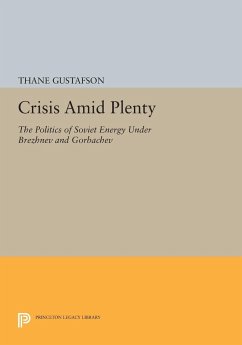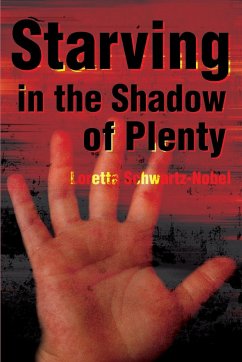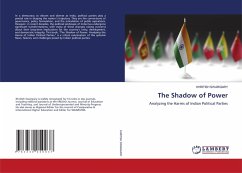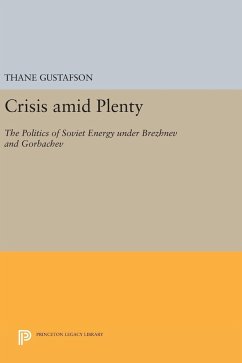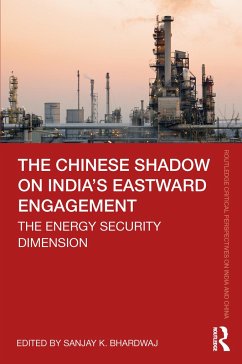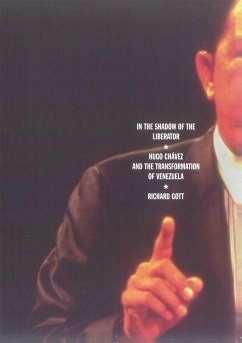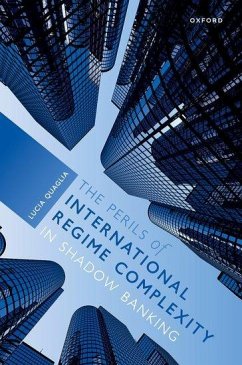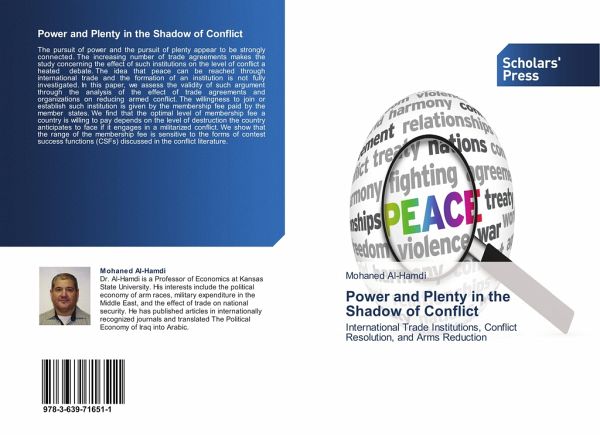
Power and Plenty in the Shadow of Conflict
International Trade Institutions, Conflict Resolution, and Arms Reduction
Versandkostenfrei!
Versandfertig in 1-2 Wochen
24,99 €
inkl. MwSt.

PAYBACK Punkte
12 °P sammeln!
The pursuit of power and the pursuit of plenty appear to be strongly connected. The increasing number of trade agreements makes the study concerning the effect of such institutions on the level of conflict a heated debate. The idea that peace can be reached through international trade and the formation of an institution is not fully investigated. In this paper, we assess the validity of such argument through the analysis of the effect of trade agreements and organizations on reducing armed conflict. The willingness to join or establish such institution is given by the membership fee paid by th...
The pursuit of power and the pursuit of plenty appear to be strongly connected. The increasing number of trade agreements makes the study concerning the effect of such institutions on the level of conflict a heated debate. The idea that peace can be reached through international trade and the formation of an institution is not fully investigated. In this paper, we assess the validity of such argument through the analysis of the effect of trade agreements and organizations on reducing armed conflict. The willingness to join or establish such institution is given by the membership fee paid by the member states. We find that the optimal level of membership fee a country is willing to pay depends on the level of destruction the country anticipates to face if it engages in a militarized conflict. We show that the range of the membership fee is sensitive to the forms of contest success functions (CSFs) discussed in the conflict literature.



